Summer camp or ongoing physical training?
Winter and race season are winding up, but that’s not an end in itself. In fact, it’s not too early to think about what comes next and figure out the best way to prepare for next season.
For the elite teams – both national and provincial – the off-season includes planning for intensive physical training interspersed with on-snow sessions. Off-season ski periods are useful for testing new equipment, improving fundamental technical moves or initiating new speed techniques. On the other hand, it’s important to understand that even for athletes at the elite level, the absolute priority from May to September is the development of physical skills.
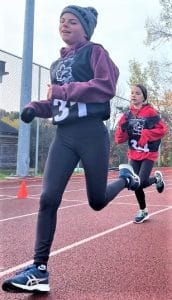
Athletes at the club level who are 15 and under (U15) who aspire to become elite will be tempted by the summer ski camps. Are they really indispensable, though, in terms of development?
From my perspective, I don’t believe so.
In fact over the years, it’s been rare to see benefits with the U15s who attended summer camp. There are several reasons for this.
First, as for elite-level athletes, it would an advantage to emphasize improvement of basic, fundamental techniques during the off-season periods. But that’s generally not offered in the camps available to athletes at the developmental level. Most of the time, the camps include mainly on-course race training; the accent on freeskiing is minimal.
What’s more, for the athlete who does only one camp in mid-summer, the downtime between camp and ski season is so long that all the acquired techniques have been lost by the time the season starts.
Lastly, the training time each day is very short. In North America and Europe, it’s hard to train past 11 a.m. on the mountain because the snow quickly turns to “soup”. To have longer training sessions you have to head for South America of New Zealand, which is pretty costly.
However, participating in a summer camp breaks up the monotony of physical training and helps maintain contact with the snow. Not to mention the possibility of meeting some nice people, interacting with other coaches, and perhaps getting a different perspective on the practices in use.
On the other hand, it’s worth knowing that for those who don’t have the funds needed to invest in summer ski camps, but who anticipate becoming an elite athlete, there is light at the end of the tunnel. In fact, it’s well known that there are a lot more advantages, once on the snow, for athletes in better physical condition.
More power translates to higher-quality technical moves, a better capacity to stand up to the weight of training (volume/intensity) and an increase in strength – which rebounds into speed. Besides, the risk of injury is reduced.
Don’t think that participating in a ski camp is negative. On the contrary, if your budget permits, it’s a very enriching experience. But don’t expect to get a significant on-skis improvement from it.
For the athlete with a limited budget who is planning to become an elite skier and who hopes to maximize their training, it would be better to invest in skills and coaching provided by a certified trainer. The young person could thus develop other types of skills by doing related sports activities such as water skiing or mountain biking, for instance.
In conclusion, with the objective in mind of using the off-season to prepare in the best possible way for the next season, ongoing, supervised physical training would do a lot more good for U15s than summer camp.
More from this author by clicking on his picture below

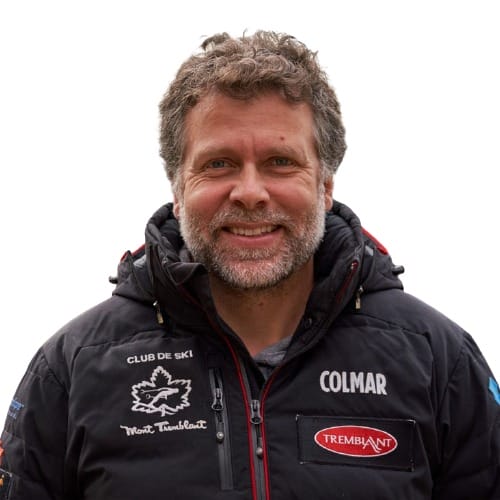
Jocelyn Huot30 Posts
Entraineur Chef du Club de ski Mont-Tremblant Entraineur Niveau 4 certifié FESC / PNCE Niveau 3 de l'Alliance des moniteurs de ski du Canada Formateur pour Alpine Canada depuis 2007 Head coach of the Mont-Tremblant Ski Club Leve 4 FESC/PNCE – certified coach, Level 3 CSIA/AMSC – certified instructor
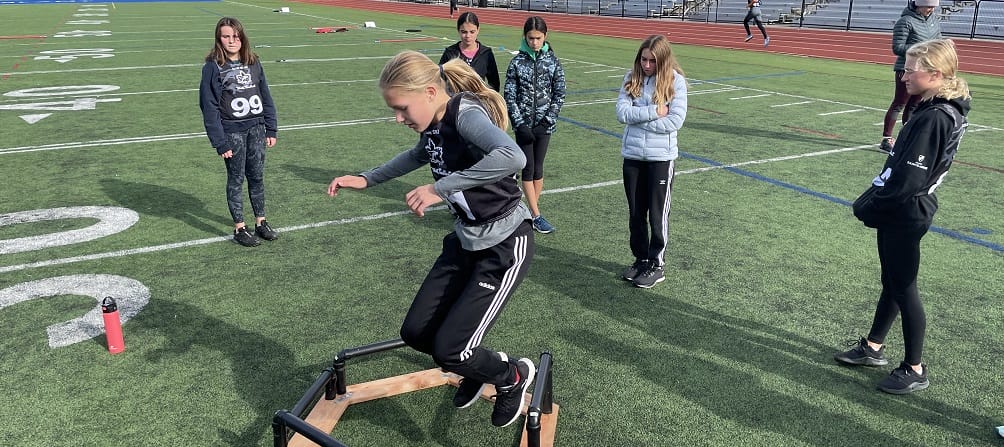

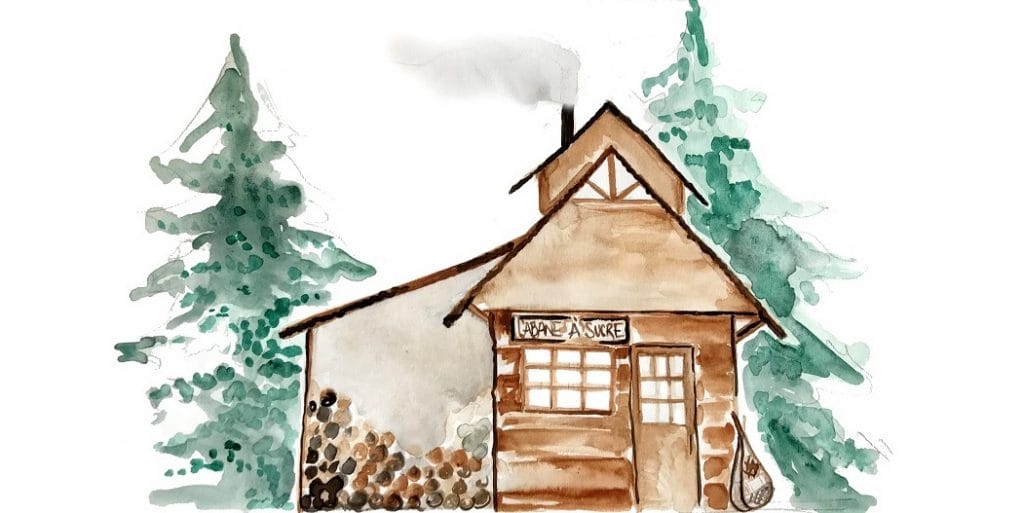

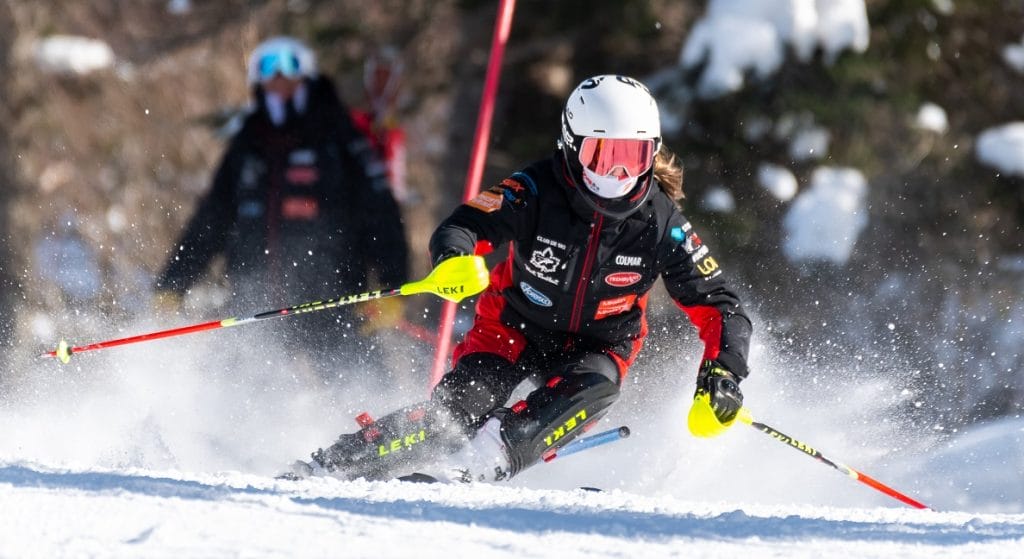

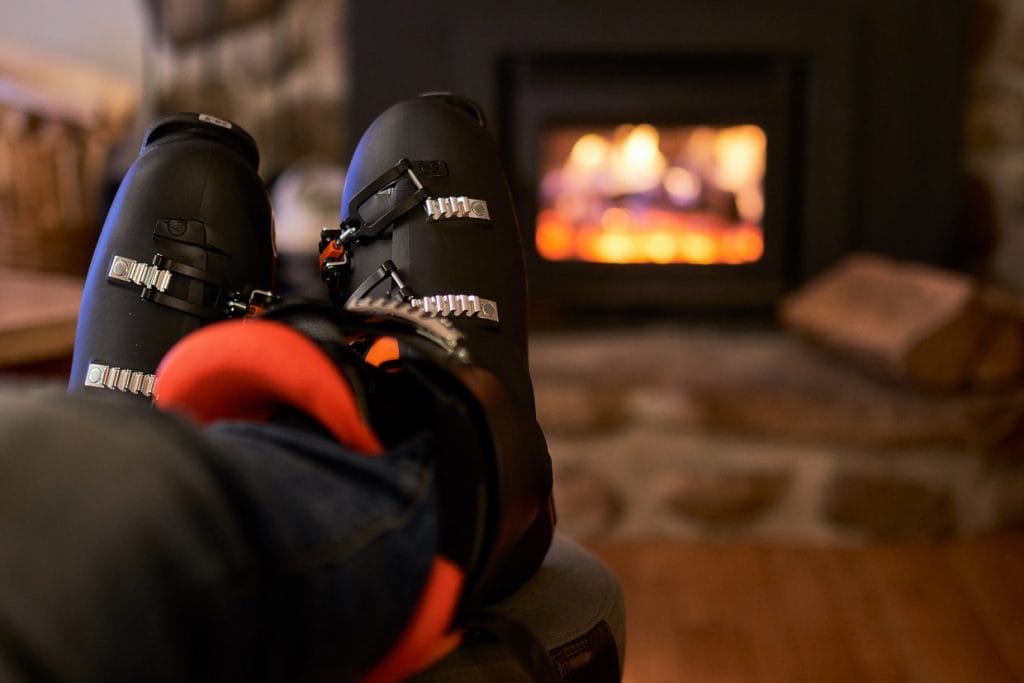
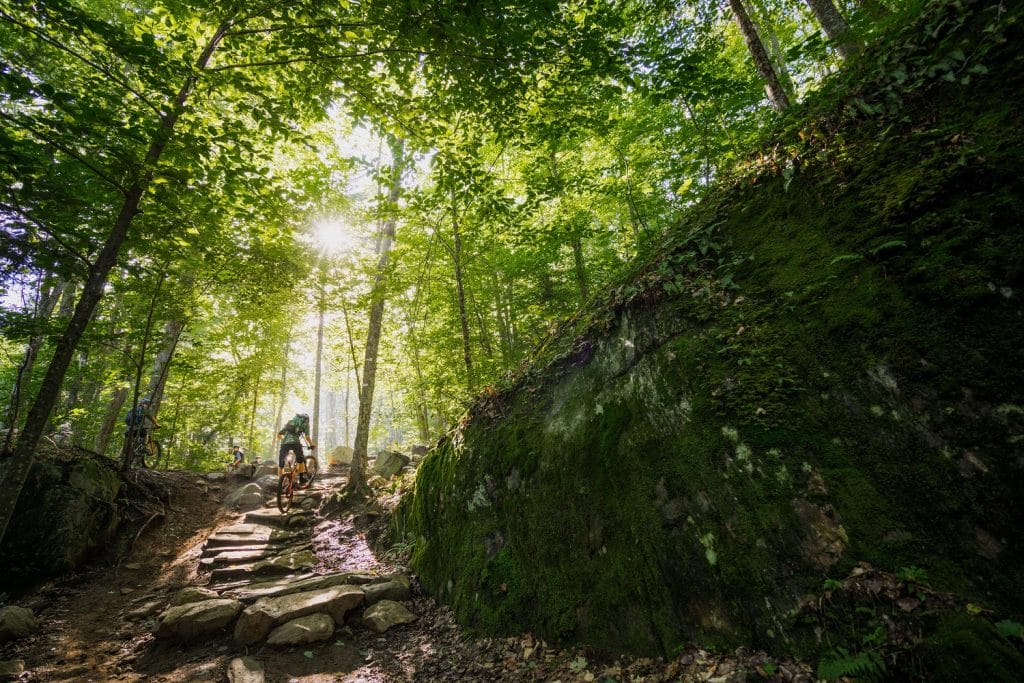
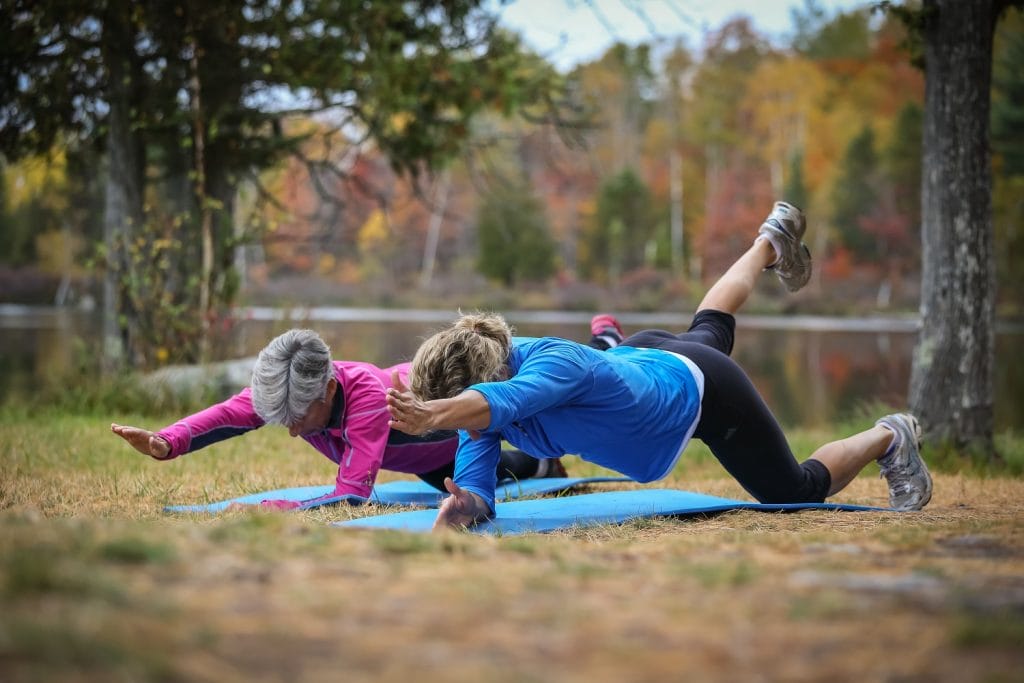
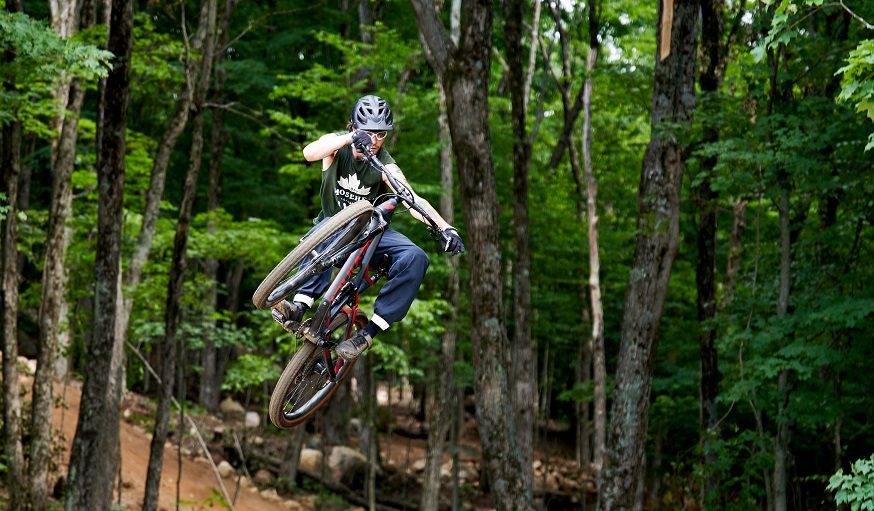
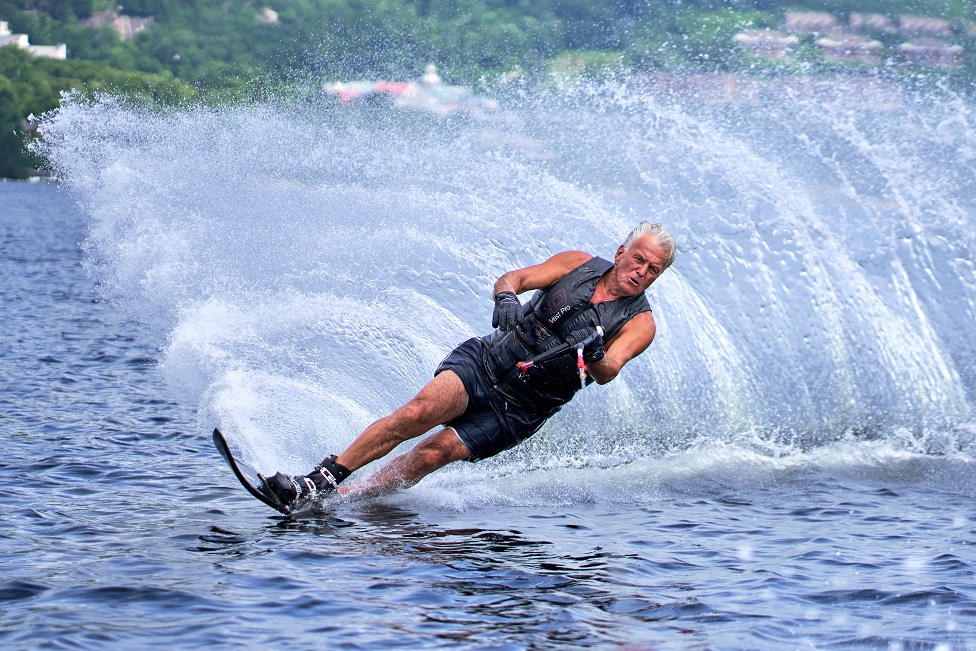
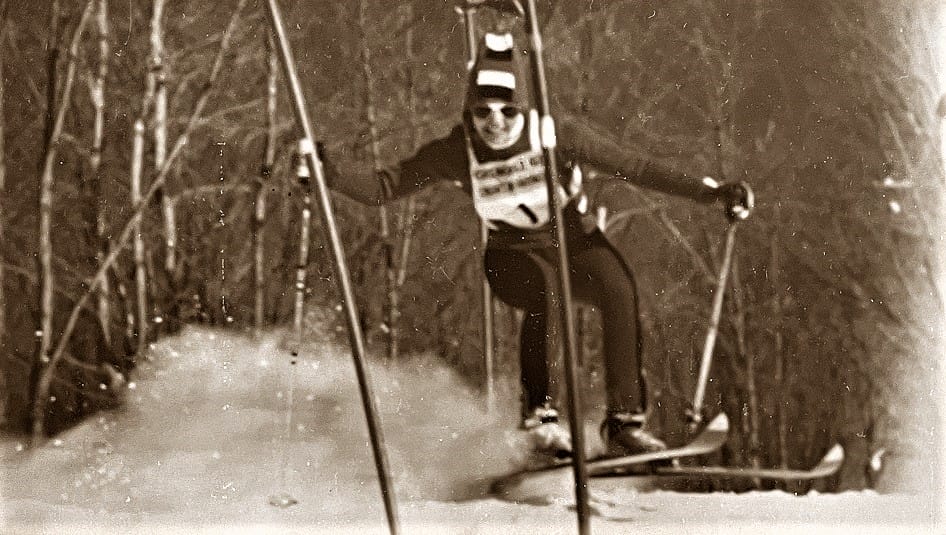
0 Comments